Once you purchase your condo, it’s tempting to imagine happily ever after—at least, until reality knocks on your door in the form of Homeowners’ Association fees. But there’s no need to stress; you can still lay back and enjoy condo living with the right mindset and understanding of how the system works. After all, aside from the usual concerns about lease based on the rental law in the Philippines, association dues are just part of common condo fees that new condo owners must know.
The first step to coming to terms with HOA fees is to understand that it’s not just about condominium rules. In fact, being committed to these fees has its own perks! Keeping that in mind, it’s much easier to have a positive mindset about the HOA fees. To put this positive mindset into action, it’s also important to have a basic understanding of how they work, so read up to learn about how Homeowners’ Association fees make up an optimum condo experience.
Is it necessary to be a member of the HOA?
According to Section 5 of Resolution No. 770 of 2004, which is the Framework for Governance of Homeowners Association, membership must be voluntary. Still, membership can be required of you as stated in your deed of sale, property title, or contract.
Moreover, the Magna Carta for Homeowners and Homeowners’ Association does claim that any homeowner has the right to the basic community services and facilities, provided that this homeowner pays the necessary fees and other pertinent charges. To enjoy shared amenities or facilities then, it is still a must to pay the right fees and abide by the rental law in the Philippines.
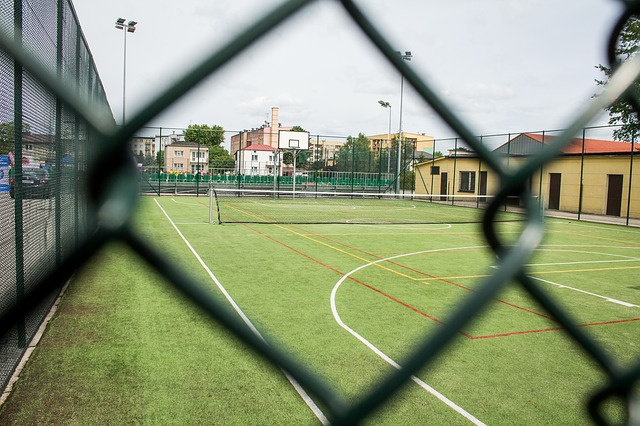
Don’t stay on the outside, looking in! To enjoy condo facilities and services, it’s still best to become a member of the Homeowners’ Association.
Photo by radosclawczarneci10 on Pixabay.
What are Homeowners’ Association Fees for?
The easiest way to understand HOA fees is to think of the maintenance cost of your condo. Usually, the cost of association fees is directly related to how upscale a condominium is. Given that multiple families and individuals opt for condo living, these parties are expected to contribute to maintaining common parts of the area. This includes spots such as the parking area, elevators, various amenities, and the condo façade. The upkeep of such areas are not covered by lease, hence the need for association dues.
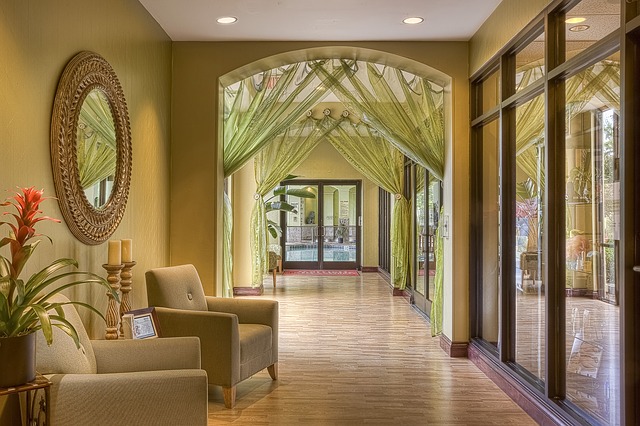
Love your condo lobby? Your association fees help maintain these common areas.
Photo by GregoryButler at Pixabay.
Moreover, whenever the establishment needs to be improved or developed, for instance to renovate the fitness area or to repair the elevators, the community may also be asked to pay extra assessment. This means that HOA fees may vary over time, so it is advisable that you keep up with any changes that the establishment may put into effect. After all, keep in mind that association fees are about both the maintenance and development of quality condo life.
How much do you need to pay?
The answer depends on the operating expenses, as well as any additional restructuring the condominium association may see fit to implement. One way to gauge the cost is by looking at the amenities offered to condo owners. The more the amenities, the higher the cost. The total area in square meters, including balcony space when applicable, also affects the cost.
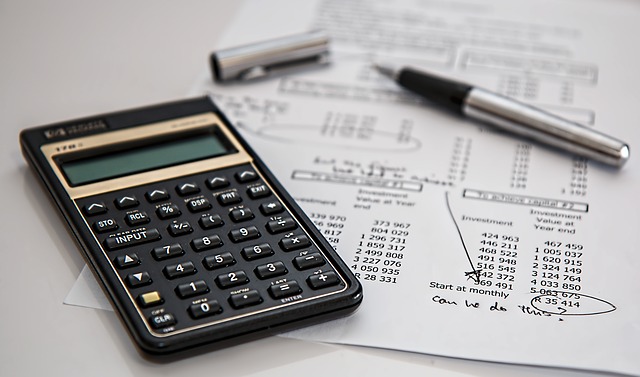
Always conduct basic research to know how your association dues are calculated.
Photo by stevepb at Pixabay.
Do these fees include tax?
Your Homeowners’ Association fees are definitely subject to tax. According to the Revenue Memorandum Circular No. 9-2013 by the Bureau of Internal Revenue or BIR, all fees due to be collected by the homeowner’s association are subject to VAT or Value-Added Tax. If, for instance, the condominium association required at least Php 90 worth of association fees for every square meter without tax, then a unit measuring 75 square meters merits Php 6,750. This amount will then increase after being subjected to the VAT. So remember to get yourself acquainted with the rental law in the Philippines.

It’s always advisable to stay informed about how much tax your association dues are subject to.
Photo by FirmBee on Pixabay.
When are you required to start paying?
As soon as the property for rent has been turned over to you (meaning the title has been transferred to your name and you have signed the deed of sale), whether you have moved in or not, you are expected to pay the HOA fees as you are now considered part of the community. It is also important for you to take note of when your association dues are collected, so keep that in mind when going over the contract and learning about condominium rules.
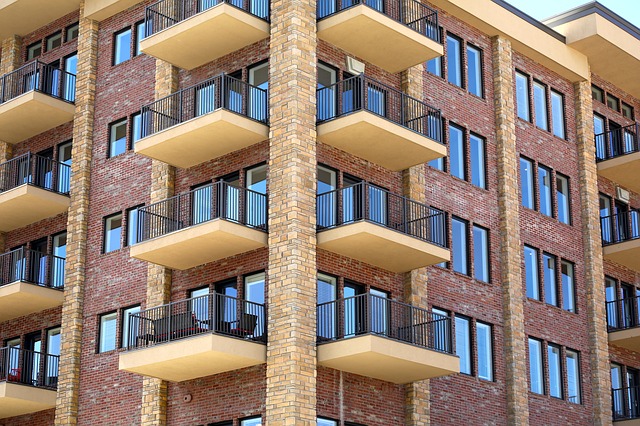
Once you officially become part of the community, you are required to pay the homeowners’ association fees.
Photo by jp26jp on Pixabay.
Some developers collect annually, while some do so monthly, and others offer a discount when you pay the lump sum of your annual association fees. For DMCI Homes, for instance, expect one month less for your total fees.
Who’s in charge of collecting your HOA fees?
The condominium association designates the task of collection to the Property Management Office (PMO). Their office is in charge of maintaining the building, which means that they are also tasked with overlooking concerns such as managing janitorial services and personnel for maintenance and security.
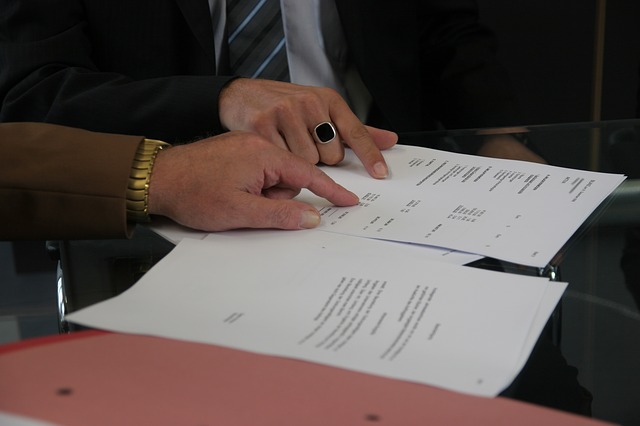
The PMO is in charge of providing services for renters and personnel-related tasks and as such is in charge of collecting the homeowners’ association fees.
Photo by delphinmedia on Pixabay.
What happens when you delay payment?
Since association dues have to do with maintenance of facilities and luxuries, there are repercussions when you are unable to pay on time. The consequences of delayed payment or refusal to pay on property for rent is contingent on area laws as well as the CC&Rs of the condo establishment. Of course, the best way to learn about these consequences is still to take the time to read and understand the governing documents pertinent to the Homeowners’ Association along with learning about the rental law in the Philippines.
Usually, there are three ways in which the administration may charge you: first in the form of late fees, which may be determined by pertinent documents; next may be in the form of reasonable costs. These have to do by how much had been incurred by the association to collect delinquent assessment. If the association had to account for costs of hiring attorneys and going to court, such actions will affect the reasonable cost they will charge. Lastly, you may also be charged interest on all the sums you were due to pay.
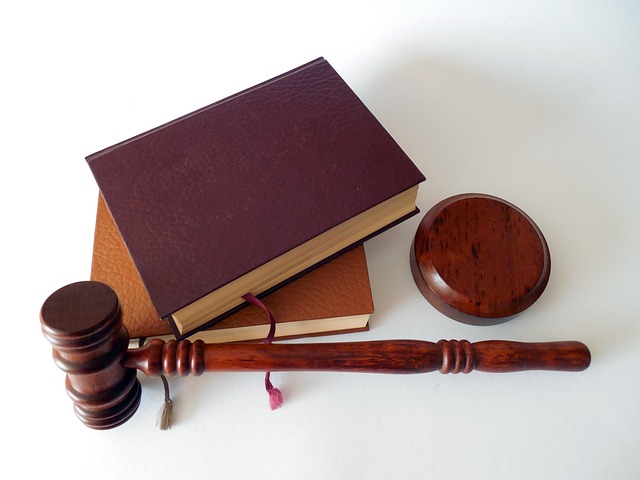
Read up on your condominium’s rules and do your best to avoid delays in payment for a smooth-sailing condo experience.
Photo by succo on Pixabay.
In the case of DMCI Homes, always remember that in the end, the condominium association, upon declaring your account delinquent, reserves the right to deny you access to shared utilities and amenities. Examples of these are the pool area, function rooms, or the gym. So to avoid any inconvenience, it’s vital to pay all your fees on time.
Should you attend homeowner’s association meetings?
Yes! There is no better way to have an intimate understanding of such fees than by being present in HOA meetings. These meetings have to do with talking about and updating the regulations and maintenance concerns of the condo establishment. By attending these meetings, you can learn firsthand about topics related to budget and condominium rules. It is also a valid occasion for you to raise any concerns.
During meetings, you may ask questions about repairs, construction, maintenance, and of course, fees and the like. For instance, here are some questions you may want to consider:
- How will increases in association fees be set?
- How often can you expect increases to occur?
- How much have these fees been increased in recent history?
- Would it be possible to acquire a hard copy of HOA dues per year in the last ten years?
- How large is the reserve fund for HOA?
- What are covered under monthly dues?
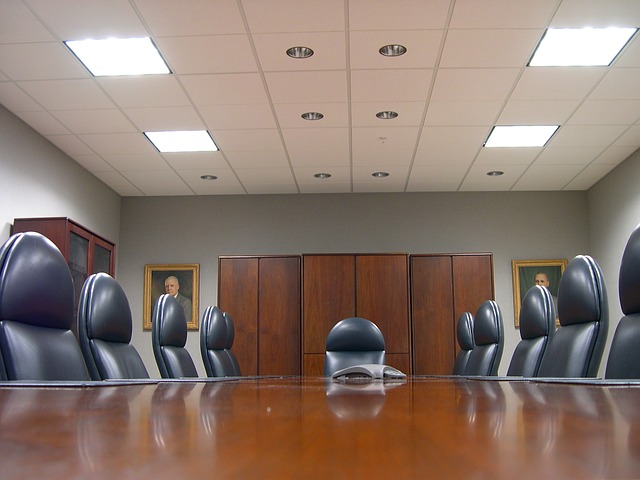
Homeowners’ Association meetings are the best venue to make yourself heard.
Photo by kzd on Pixabay.
Attending these meetings are also helpful for those who would want to conduct fact-checking on property for rent. Although you may have found information online about the way the association collects or courses the fees you are due to pay, it is advisable to ask about these in meetings. Let your voice be heard and make sure you know your condominium association well. Always keep tabs on how often these meetings are held and try to attend them regularly.
Should I be concerned about insurance coverage?
To be sure, yes, you should make inquiries to learn whether the association fees cover insurance. In some cases, these fees exclude insurance for individual units. For DMCI Homes, however, special assessment fees are used for additional expenses decided upon by the Condominium Corporation, and insurance coverage is initiated through the Property Management Office (PMO). This insurance covers facilities and other equipment.
In the case of buyers who used a bank loan or utilize units as collateral for mortgage purposes, financing, or credit, they may request a letter of endorsement of certification from the insurer through the PMO. Nevertheless, all unit owners remain responsible for insuring their personal belongings inside the unit such as furniture and appliances.

Association dues under DMCI cover insurance for areas outside individual units.
Photo by MariaMichelle on Pixabay.
All for You
Understanding how association fees work is essential to enjoy condo living. These fees are collected to maintain the comfortable lifestyle that you’ve always wanted for yourself or for your family. Property for rent always comes with certain rules and regulations, but following them is ultimately for your benefit.

Photo by sathyatripodi on Pixabay.
Remember to always nurture a healthy relationship with the homeowners’ association. This helps you keep track of all your fees alongside rent and teaches you how valuable community is, especially here in the Philippines.
Key Takeaways
Rental law in the Philippines can be confusing for renters, especially if they are not familiar with the concept of a home association. However, there are some basics that all renters should know in order to avoid problems down the road. Aside from the association dues, you should also be aware of other rental laws in the Philippines that would help you understand your rights and responsibilities as a tenant.
- Go through the rental agreement with a fine-toothed comb before signing anything. Make sure you understand all the terms and conditions, as well as the consequences of breaking the agreement.
- Familiarize yourself with the rules and regulations of the home association. These are typically listed in the rental agreement, but it is always good to double-check. Breaking even one rule can result in eviction.
- Be respectful of your neighbors and the property itself. This includes refraining from making too much noise, keeping the property clean and tidy, and not damaging any fixtures or fittings.
By following these basic tips, renters can avoid any problems with their home association. Thereby, making the renting experience a more pleasant one. Remember that communication is key – if you have any questions or concerns, be sure to reach out to your landlord or the home association.
To learn more about pre-selling and ready for occupancy projects, units for lease, and special promos, log on to DMCI Homes or call (632) 5324-8888. You can also check out DMCI Homes Leasing for currently available condos for rent.
News and other updates are also posted on the company’s official website and its social media accounts on Facebook, X, Instagram, and YouTube.








